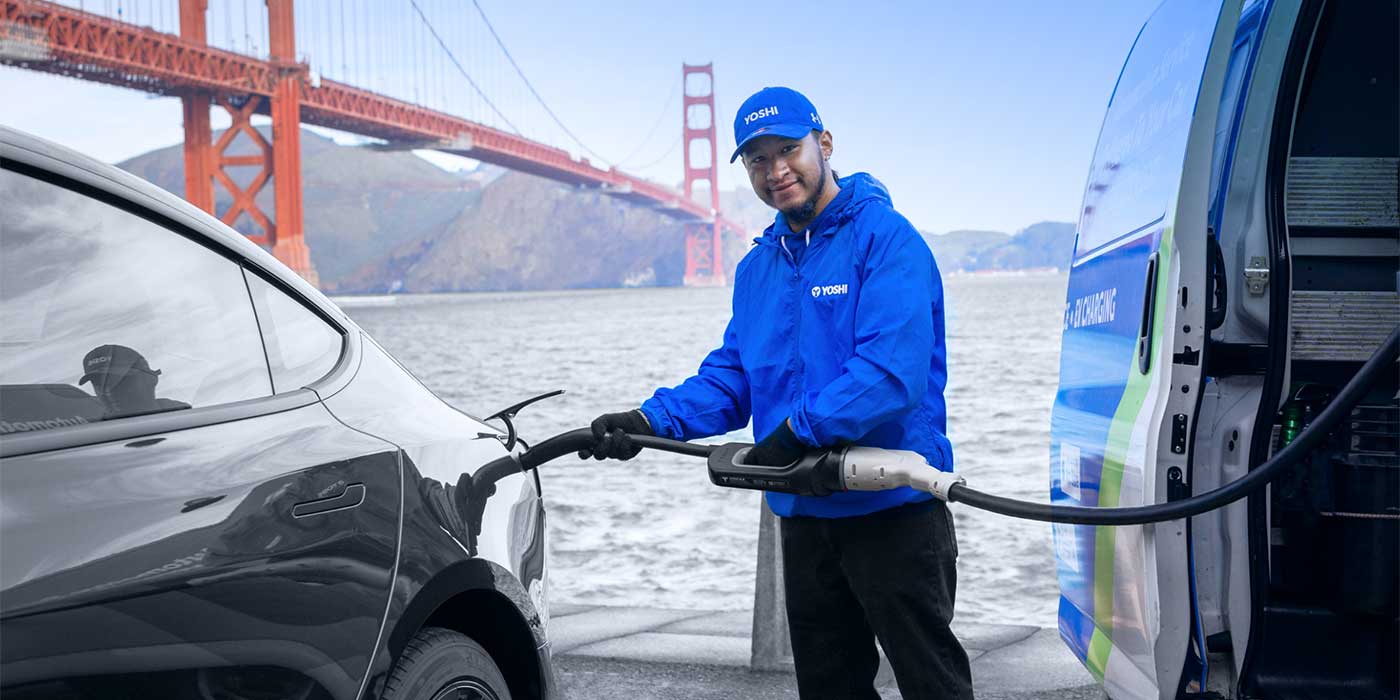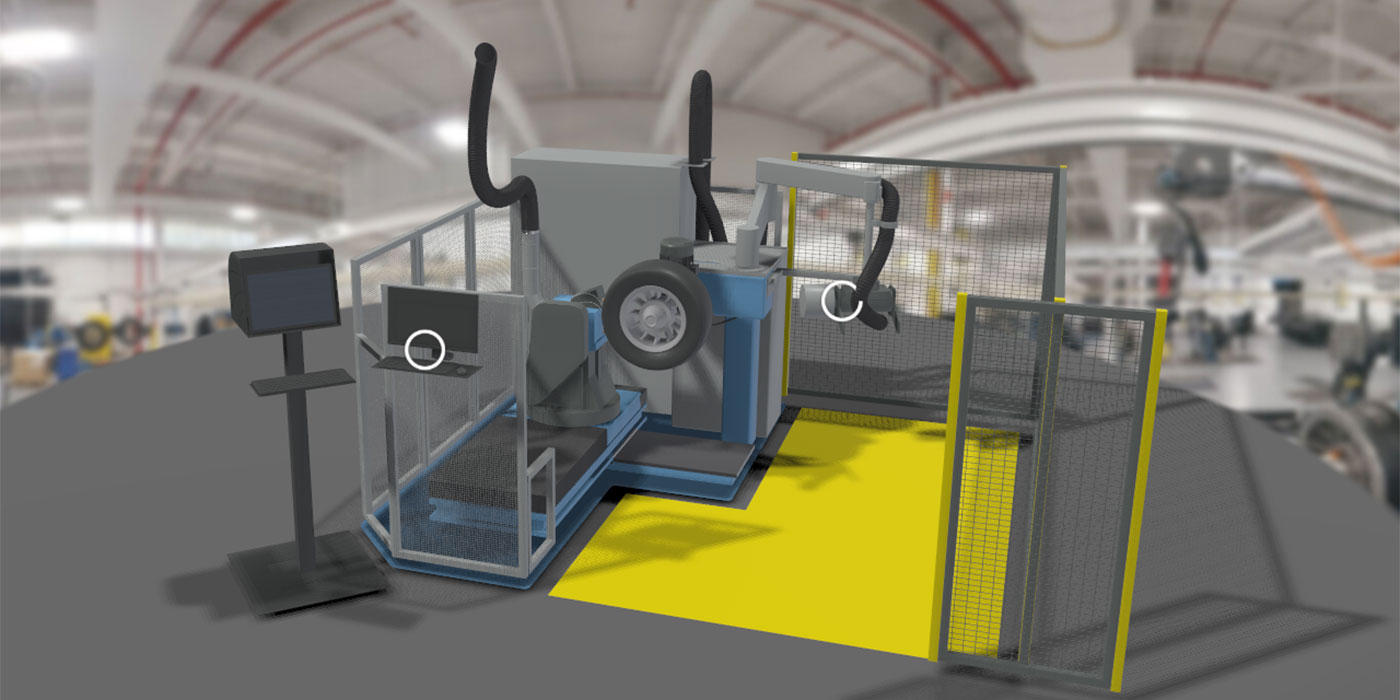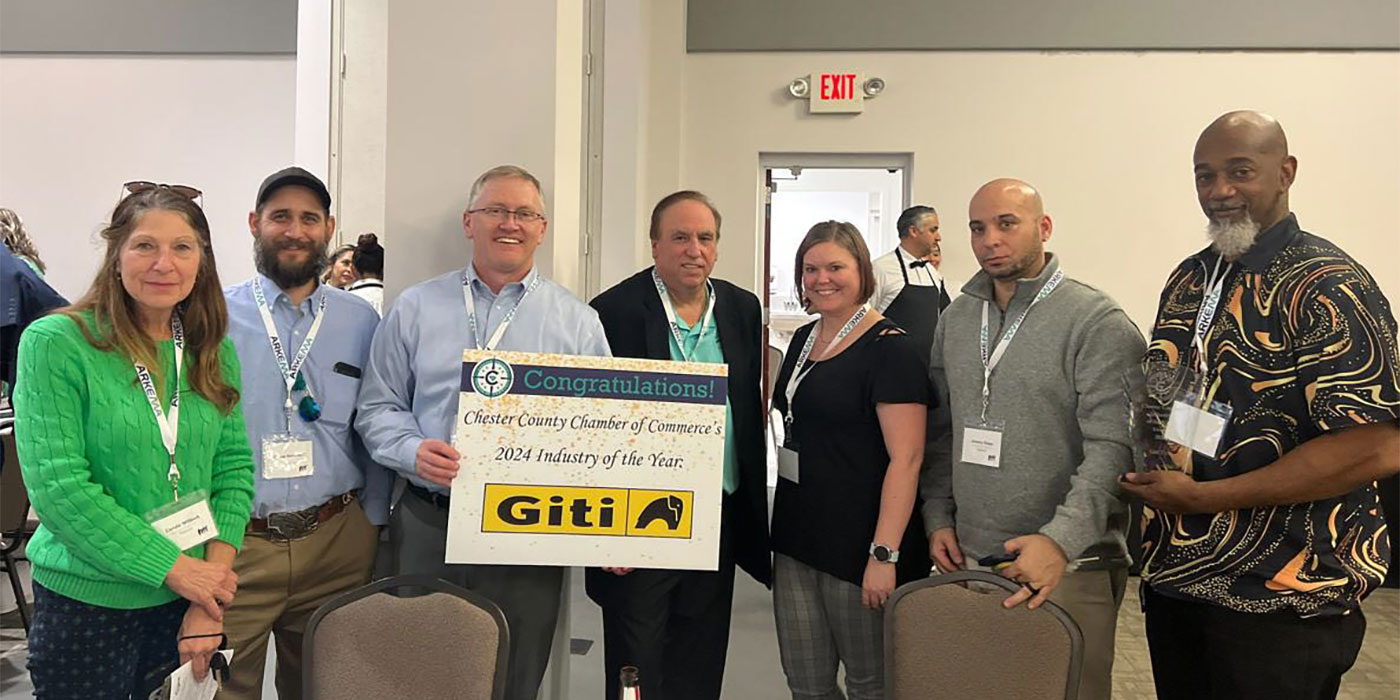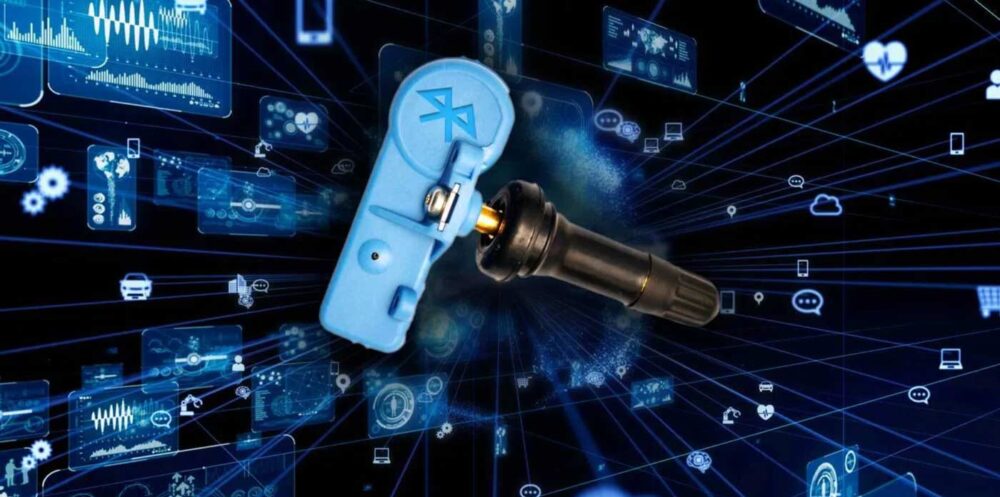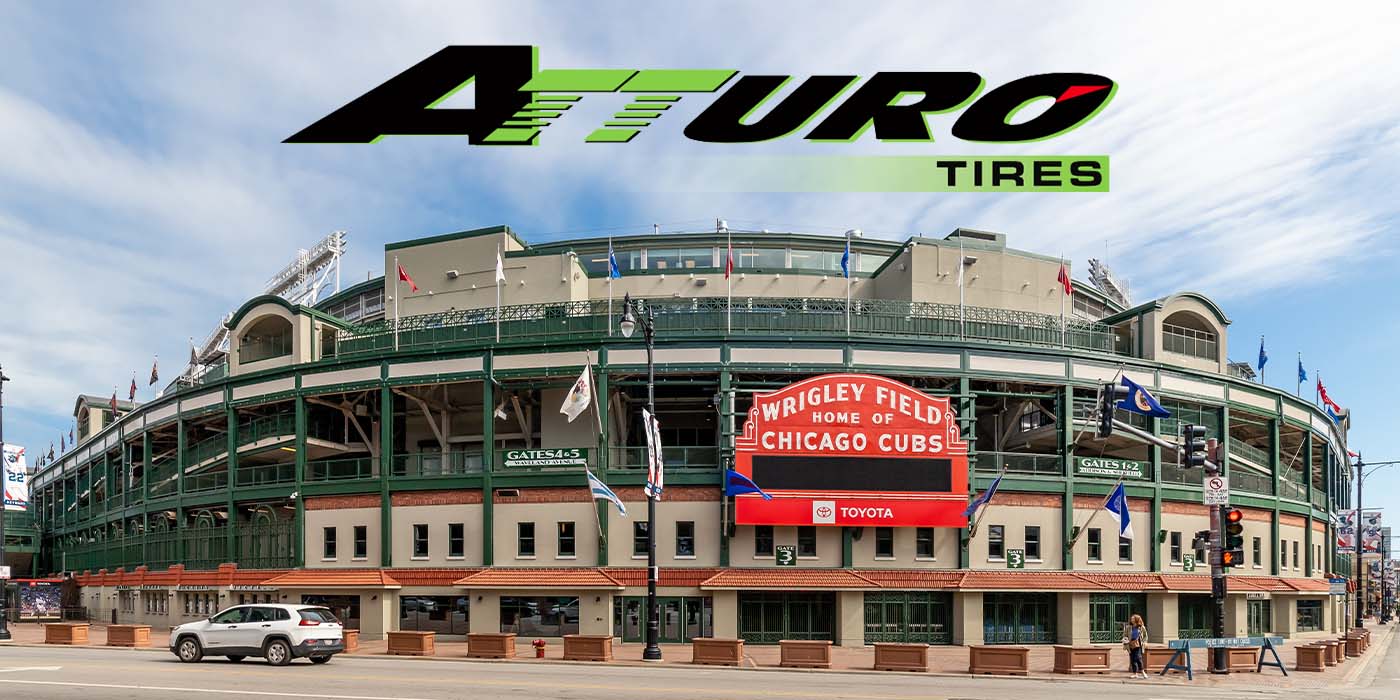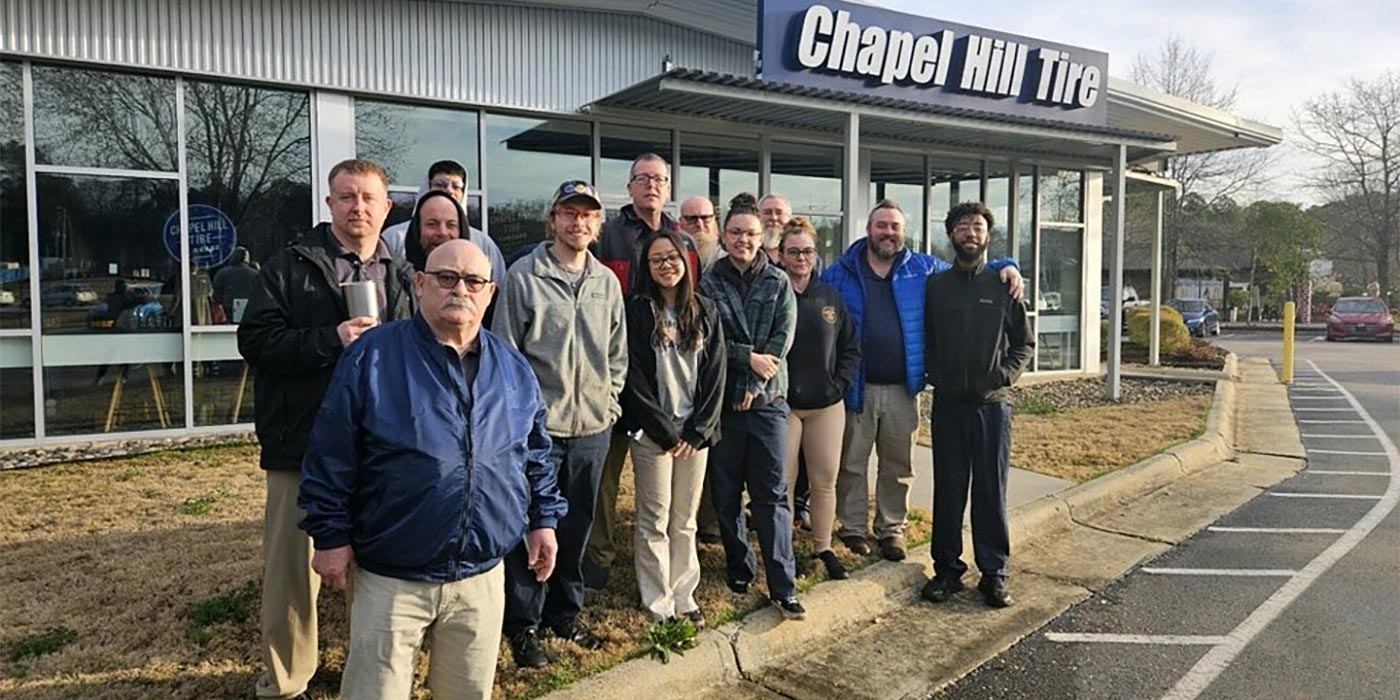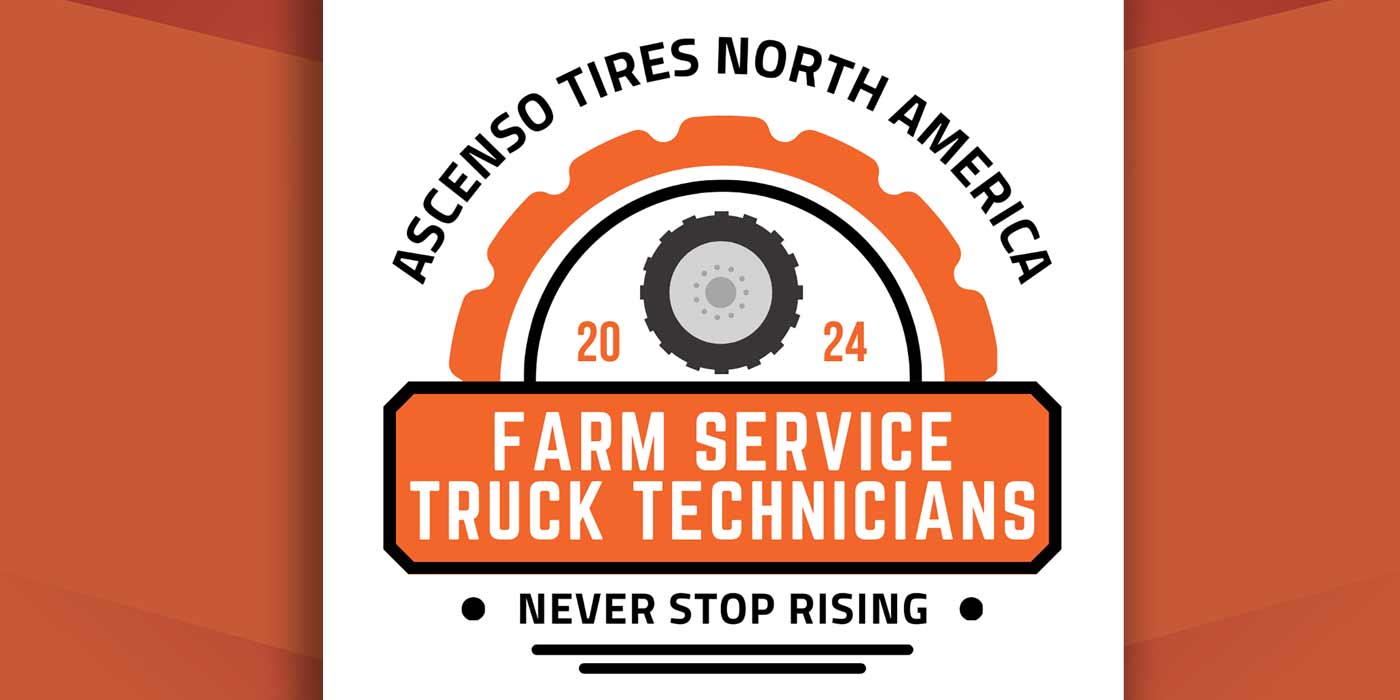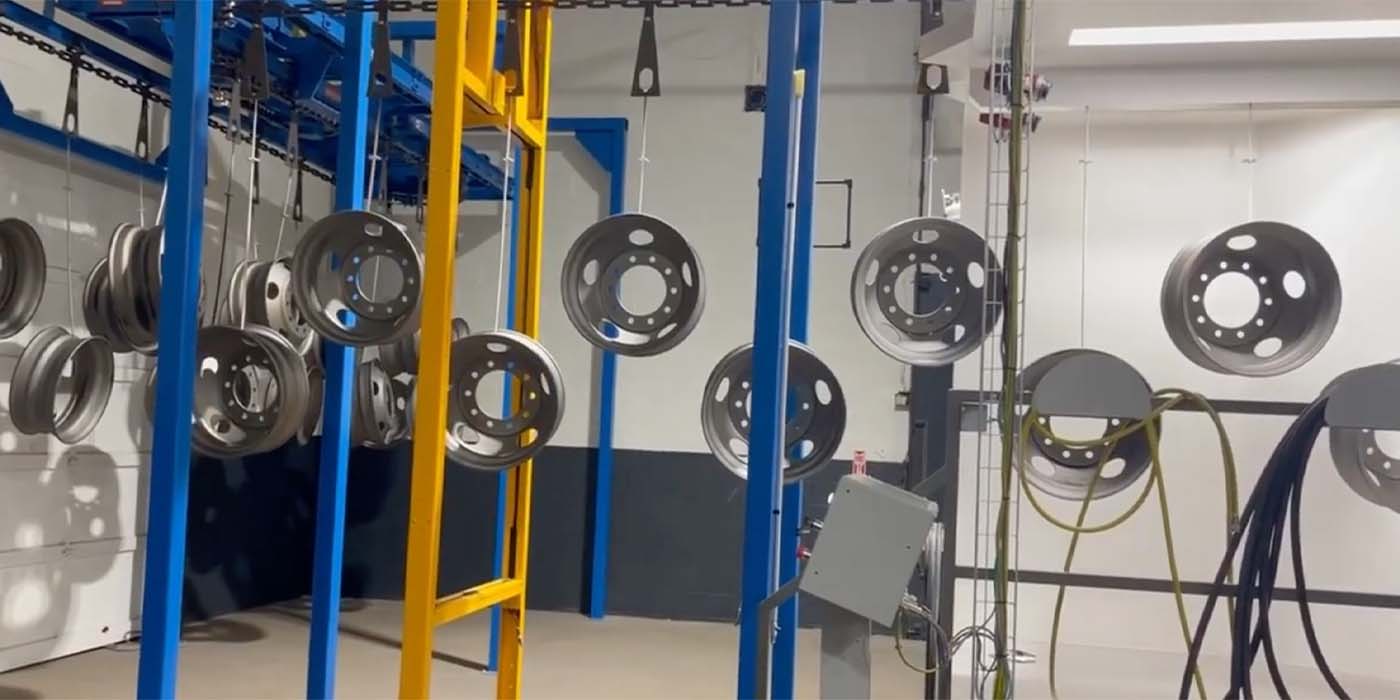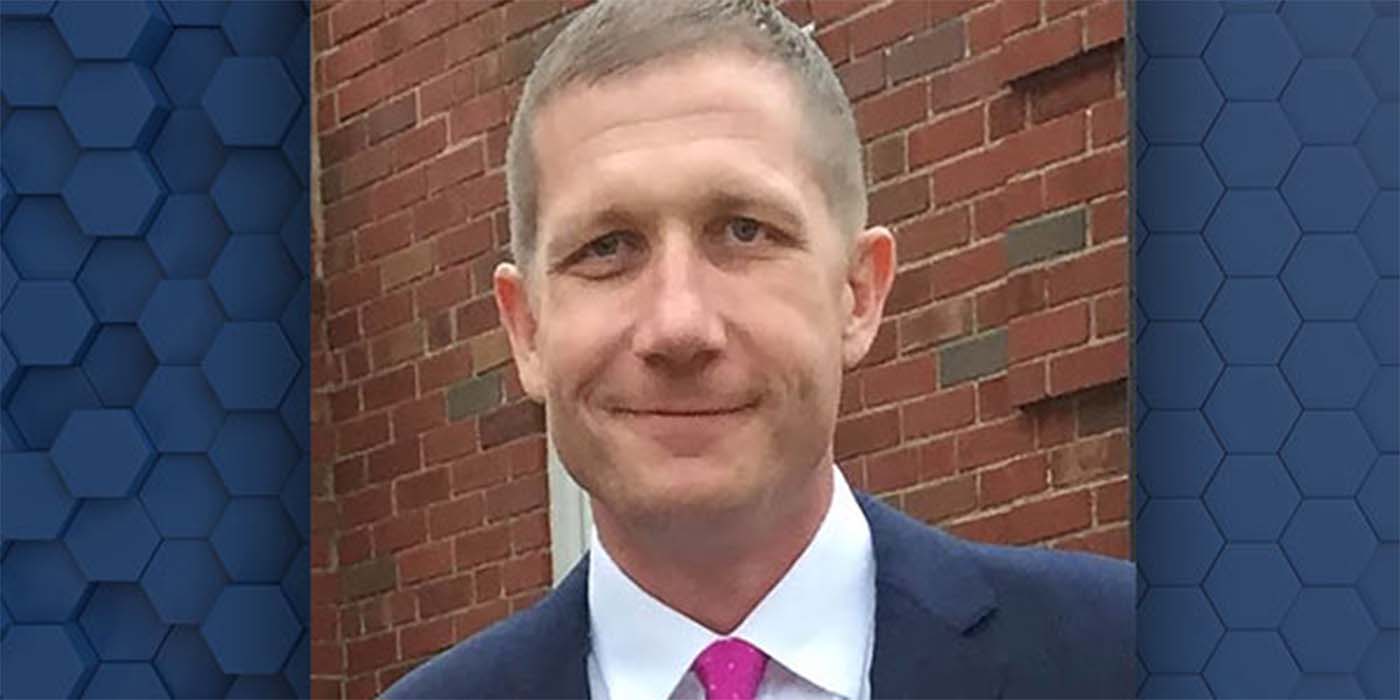Last month, I had a chance to attend a panel discussion at Northwood University in Midland, Mich., titled "Reinventing the Wheel."
The panel featured the usual analysts and industry experts, but it also featured a new car dealer and an executive vice president of a major aftermarket parts program group. The event was held in conjunction with the Northwood University International Auto Show.
Northwood University is unique because it offers degrees in automotive aftermarket studies and automotive retail management. On the campus, the future car dealers and the aftermarket professionals co-exist side-by-side.
The new car dealer on the panel was Ryan LaFontaine, general manager for LaFontaine Automotive Group of Highland, Mich. His GM dealership is Leadership in Energy and Environmental Design (LEEDs) certified under the Green Building Rating System. The dealership is so green, it uses vegetable oil in the lifts and recycles 85% of the water from the car wash. His presentation focused on how “thinking green” is helping his dealership survive during these tough economic conditions.
Next up was the John Washbish, who is the current executive vice president for the Aftermarket Auto Parts Alliance, and has worked for Clevite, Affinia and Moog. He is a graduate of Northwood and received his practical education at his family’s automotive and heavy-duty parts distribution businesses in Louisville, Ky.
Washbish pulled no punches in making the case that with the declining number of new car dealer service bays, it will be impossible for dealers to service an aging population of sophisticated vehicles. Washbish also looked at the issue from the consumer’s perspective, asking: Who will have to drive farther and wait longer for warranty work to be performed?
His solution was for automakers to reach out to the independent shops to help dealers perform warranty and repair work. And he also called for shops to standardize certain aspects of their business operations so the aftermarket can operate more efficiently. Washbish also called for the passage of Right to Repair legislation as a way to keep drivers and the economy rolling.
I am for the dissemination of OEM repair information. But, I am neutral on the approach that should be taken with the automakers. It is clear in these difficult times for automakers that a consistent and committed solution must be taken or else we could not only have orphan vehicles, but no information on how to service them in the aftermarket.
The panel took questions from the audience at the conclusion. One of the questions prompted a spirited dialogue between LaFontaine and Washbish.
I don’t think LaFontaine or too many new car dealers fully understand the Right to Repair issue. He started to tell of cars that had been brought into his service department with botched repairs and how it made life difficult for his technicians.
Some part of his mind that was working in the background said these statements were helping the aftermarket’s case for access to repair information instead of helping his. He changed direction to talk about the expenditure LaFontaine makes on tools and training and how it helps him to service his customers.
Washbish reminded him of the declining number of dealers and how it might be geographically impossible for drivers to get their cars serviced in a timely manner. LaFontaine responded by saying that dealers might consider satellite repair facilities in areas where no dealer is present. In the end, they agreed to to disagree.
I approached the stage after it was all over to ask a few more questions. While I was standing there, I heard a couple of students talking to an alumnus or maybe a professor. The student asked a question that puts this "carpocalypse" issue of Right to Repair into perspective. He asked, “What are the dealer’s responsibilities to the customer?” I could not hear the response, but the question was more powerful than the answer.
This student was looking at the problem from the perspective of the customer. It was not about brands, bailouts or lawyers. While we have been considering the fiscal and legal implication of Right to Repair, we have often lost sight of the people who depend on their vehicles and what the responsibilities are of the automaker, dealer and repair shop to keep that person on the road so that person be a productive part of the economy.
Andrew Markel is editor of Brake & Front End magazine, a sister publication to Tire Review.

